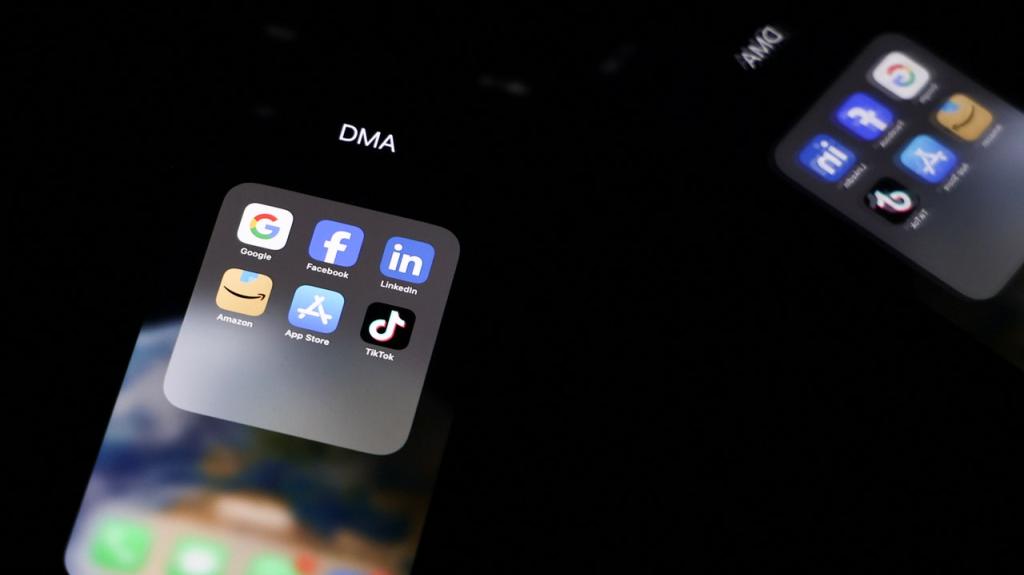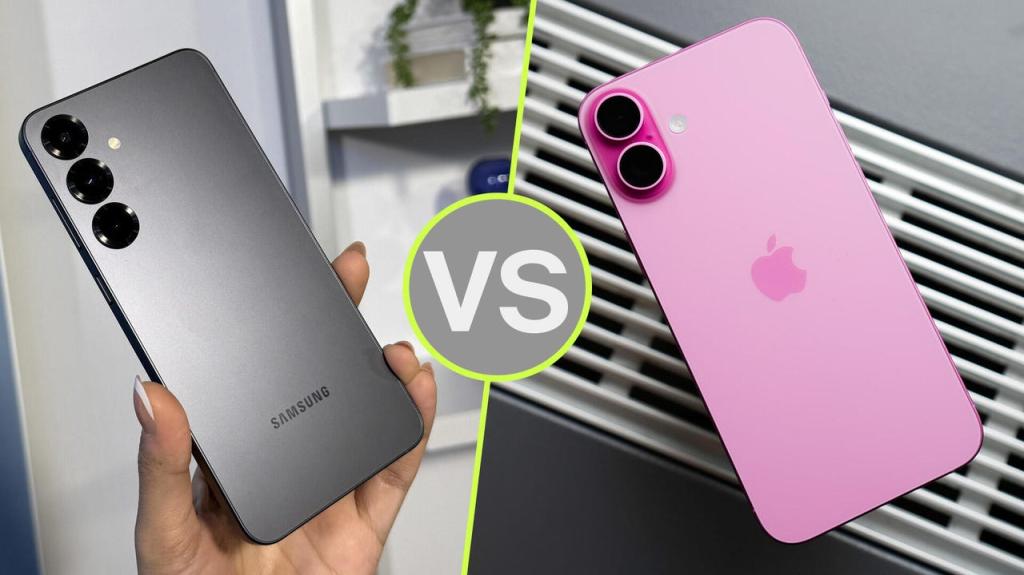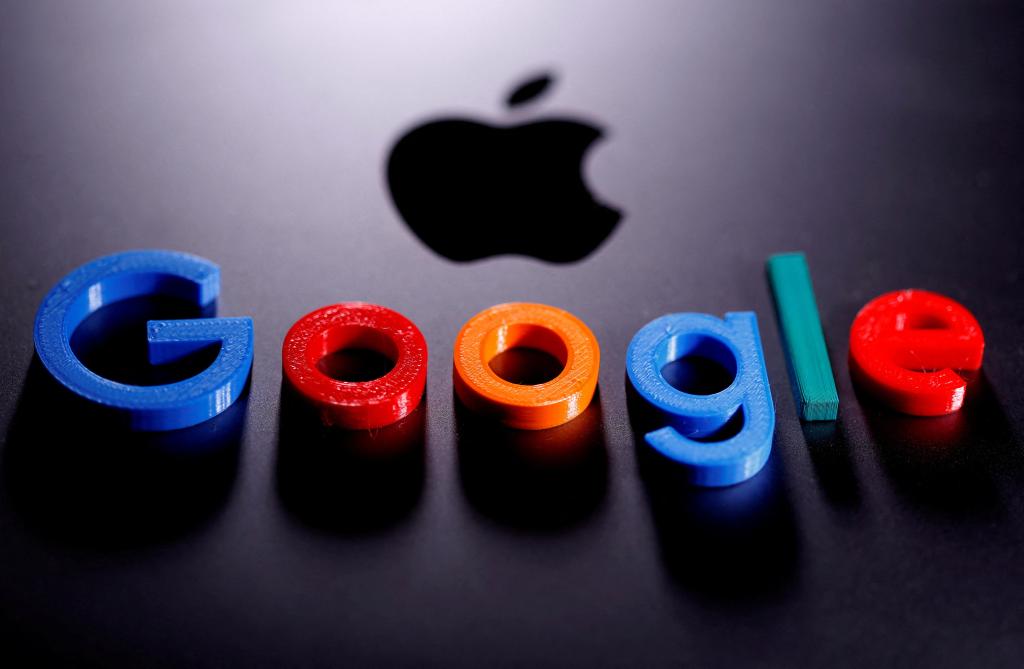EU Forces Apple to Boost iOS Interoperability with Devices
The EU mandates Apple to enhance iOS interoperability, sparking a crucial debate on user privacy and competition in the tech industry.
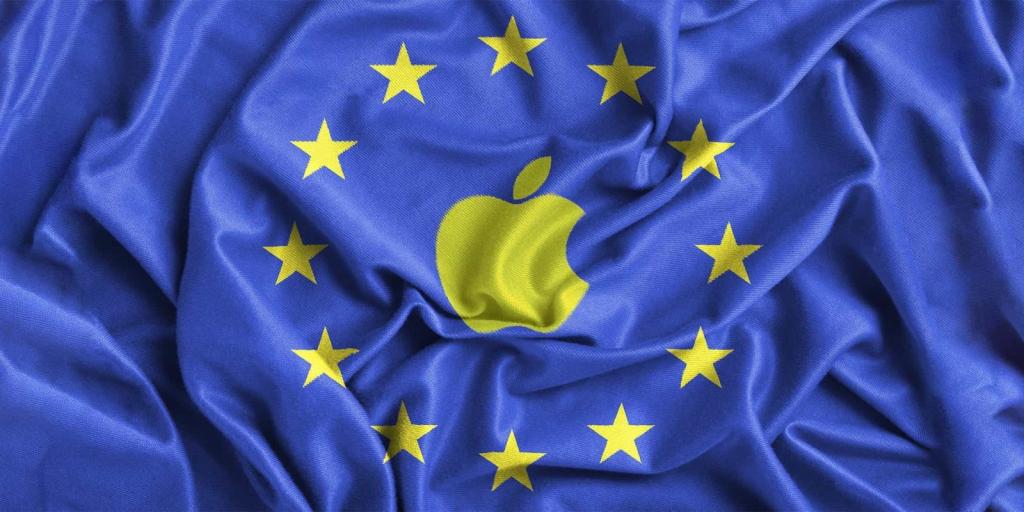
Key Points
- The EU's Digital Markets Act
requires Apple to enhance interoperability of iOS with third-party devices, fostering competition and innovation.
- Apple raises concerns about user privacy and security, claiming that opening access to its technologies could expose sensitive user data.
- These regulatory changes could significantly improve user experience by enabling seamless interactions between Apple and non-Apple devices.
In a fascinating turn of events, the European Union has issued a mandate compelling Apple to enhance the interoperability of its iOS and
with third-party devices. This decision, stemming from the Digital Markets Act (DMA), reflects a growing trend among regulators to foster competition within the tech industry. As the EU pushes for an ecosystem that allows seamless integration across various platforms, Apple finds itself at a crossroads, balancing user privacy with the demands for broader device compatibility.
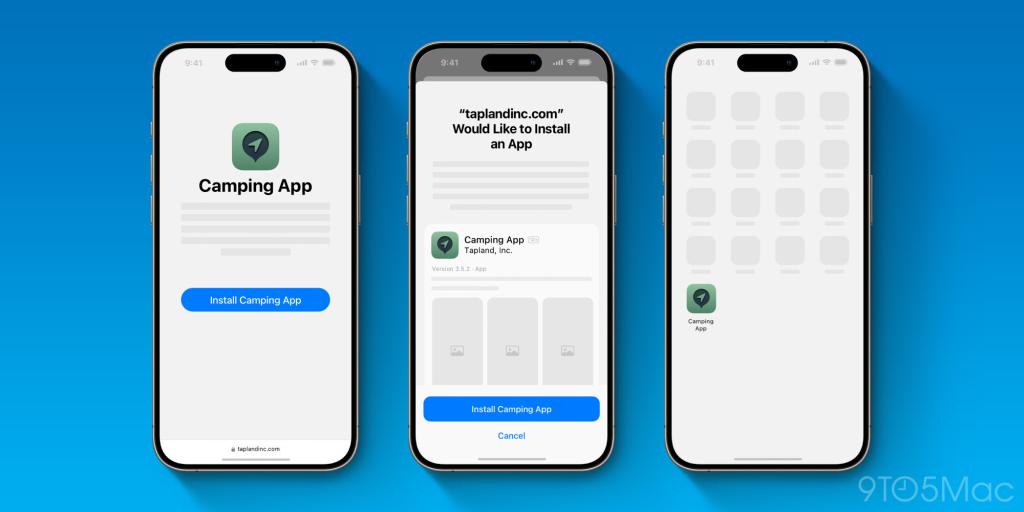
Understanding the Legal Framework
The Digital Markets Act was designed to prevent anti-competitive practices by large tech firms, aiming to promote fairer competition and innovation among companies. This regulation mandates that tech giants like Apple provide access for third-party developers to their ecosystems. This means that Apple must allow interoperability with its core features such as notifications,
, and connectivity protocols that have been tightly guarded.

Key Proposed Changes
According to the EU's recent proposals, Apple is required to make changes to enhance compatibility with devices from other manufacturers. The suggested adjustments include:
: These features have been central to Apple's ecosystem, but their utility is limited to Apple devices. The EU's mandate would allow third-party devices to send and receive files using these protocols.
These changes are not merely adjustments; they represent a significant shift in how Apple operates, potentially opening up the company to more competition.

The Pushback from Apple
As expected, Apple has expressed concerns regarding the impact of these regulations on user privacy and device security. The company warns that opening up access to its technologies could lead to detrimental privacy invasions, particularly highlighting Meta as a potential risk. According to Apple, if granted access, organizations like Meta could leverage personal data far beyond acceptable limits.
"The security risks would be substantial and virtually impossible to mitigate", Apple states in its criticism of the DMA's interoperability mandates. The company's position underscores the delicate balance regulators must navigate: encouraging competition while ensuring user safety.
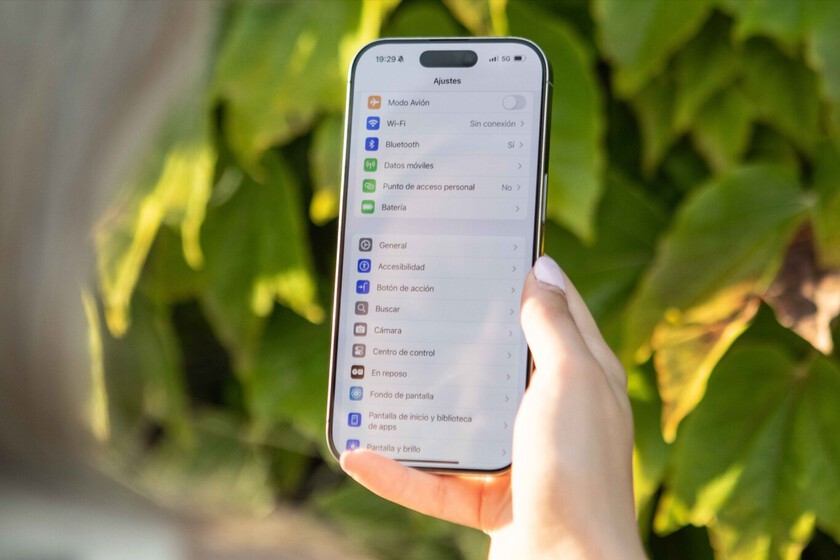
A Glimpse into the Future
The changes mandated by the EU could redefine how users interact with both Apple and non-Apple devices. Imagine a world where sending files between an iPhone and an Android phone is as easy as a few taps. Users could expect greater functionality from their accessories, making the tech experience far more versatile.
Moreover, this shift may also compel Apple to innovate more rapidly, as it would need to compete not just with its own products but also with a wider array of available technologies.
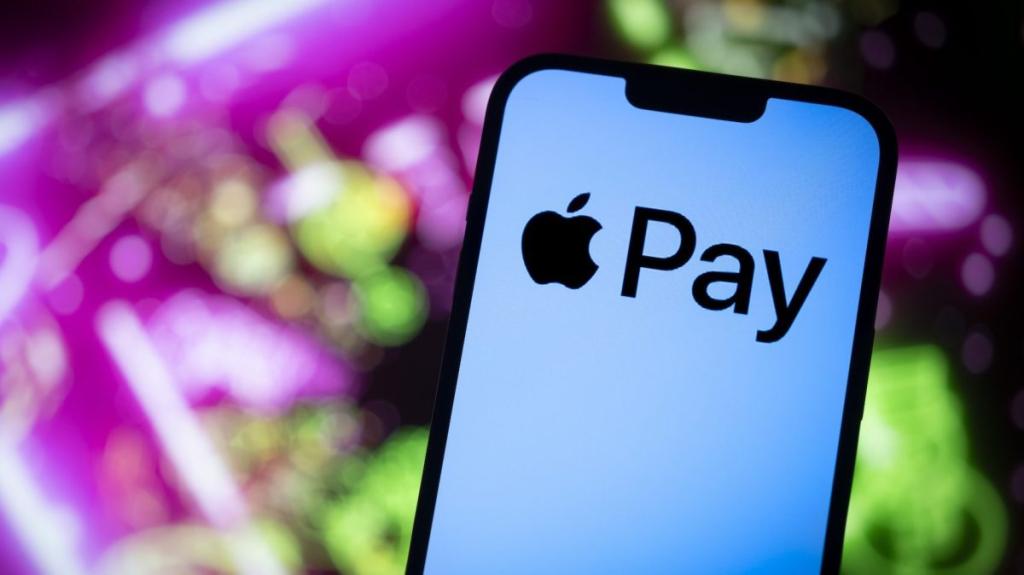
Final Thoughts
The EU's demand for greater interoperability from Apple is a significant and necessary step in promoting a more inclusive tech ecosystem. The potential benefits to consumers are immense, as users would experience more fluid interactions across devices. While Apple raises valid concerns about privacy and security, the dialogue between regulators and tech companies is crucial for an effective and innovative future. As the consultations continue, it will be intriguing to see how this legal showdown unfolds and ultimately shapes the landscape of technology for years to come.
